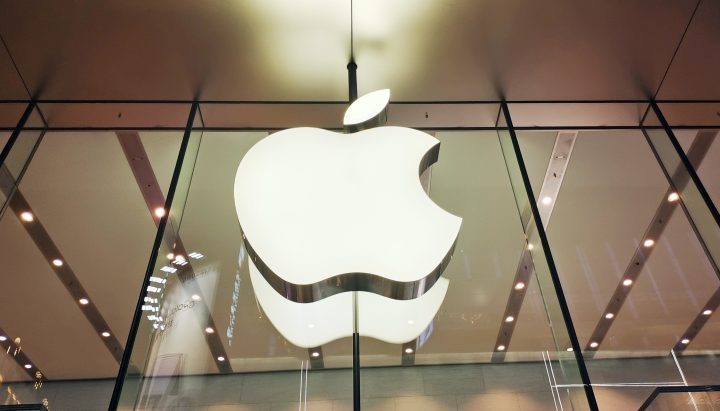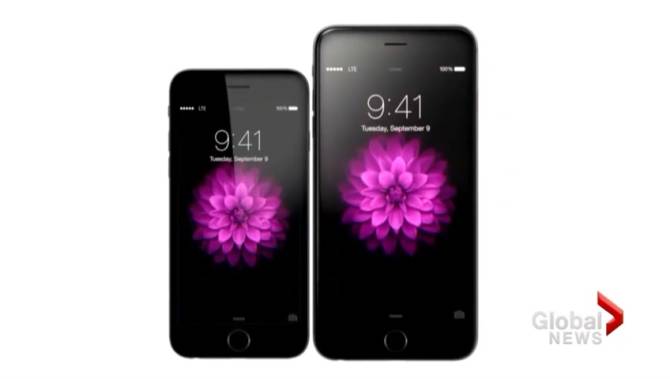The U.S. Department of Justice and 15 U.S. states filed a lawsuit on Thursday against Apple , claiming they dominated the smartphone industry. This is the first big antitrust action against the iPhone company under President Joe Biden's leadership.
Apple is now added to the list of major tech companies that have been sued by U.S. regulators, including Alphabet’s Google, Meta Platforms, and Amazon.com, during both Donald Trump’s and Joe Biden’s time in office.
Attorney General Merrick Garland stated that consumers should not have to pay more money because of antitrust violations. Garland also said that if Apple's monopoly is not challenged, the company will become even more powerful in the smartphone market.
The Justice Department, joined by the District of Columbia, claims that Apple uses its market dominance to extract more money from consumers, developers, content creators, artists, publishers, small businesses, and merchants.
The lawsuit accuses Apple of illegally controlling the smartphone market by using contract restrictions and withholding important access from developers.
Apple responded in a statement, expressing concern that the lawsuit could impact their ability to create innovative technology in competitive markets, where hardware, software, and services come together.
Shares of Apple were down by 2.4% in trading.
Apple has already faced antitrust investigations and orders in Europe, Japan, Korea, and lawsuits from companies like Epic Games.
One of Apple’s most profitable ventures, the App Store, which charges developers up to 30% in commissions, has faced legal challenges. A federal judge ruled that Apple did not break antitrust laws, but ordered the company to allow alternative payment methods for apps.
In Europe, a new law called the Digital Markets Act has disrupted Apple’s App Store business model, allowing developers to offer their own app stores and not pay commissions. However, competitors like Spotify and Epic argue that Apple still makes it difficult for alternative app stores to thrive.
Due to the rulings on Apple’s App Store, the Justice Department had to explore Apple’s other practices, such as how the company permits outside firms to access the iPhone’s chips and sensors.
Consumer hardware companies, like smart-tracker maker Tile Inc, have complained about Apple's limitations on ways they can utilize the iPhone’s sensors while developing rival products with more access.
Apple introduced AirTags, which help users locate lost items like car keys, several years after Tile had a similar offering.
Similarly, Apple has limited access to a chip in the iPhone that enables contactless payments, forcing credit cards to be added to the iPhone using Apple’s own Apple Pay service.
Apple has received a lot of criticism for its iMessage service, which can only be used on Apple devices.
Apple has consistently argued that it limits third-party developers' access to certain user data and iPhone hardware in order to prioritize privacy and security.
— Reporting by Doina Chiacu, David Shepherdson, Stephen Nellis and Andrew Goudsward; Editing by Chris Sanders and Lisa Shumaker




